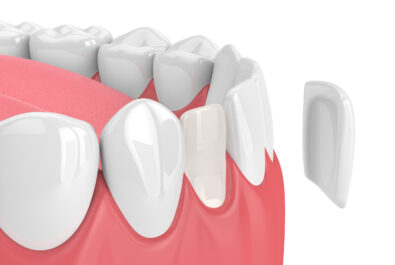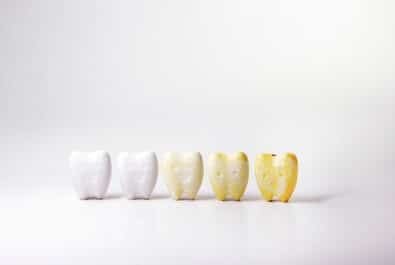According to a study that was recently conducted by the CDC, periodontitis (advanced gum disease) affects almost half of Americans 30 and older. Unfortunately, once you’ve suffered from periodontitis, it can easily recur if bacteria builds up in your mouth – and in severe cases, the end result is often tooth loss. The best way to avoid gum disease altogether is by practicing preventive dentistry – but in some cases, this can’t always keep the infection at bay. If the signs of gingivitis have gone unnoticed and you’re suffering from advanced periodontitis, rest assured tooth loss is not your only way out of the infection.
Health Risks
Treating gum disease is critical to your oral health (which can affect your overall health). If left untreated, the infection can spread to damage the surrounding bone. Furthermore, recent studies have shown that the bacteria in your bloodstream from periodontitis can increase your risk of heart disease and stroke.
Treatment Options
No matter how severe your infection is, the first treatment you’ll undergo is typically a nonsurgical deep cleaning known as scaling and root planing. Throughout this procedure, your dentist will clean all around your teeth and even underneath your gum tissue to remove any infection-causing bacteria.
Oral Surgery
Pocket Reduction Surgery – Often times with a severe infection, the bacteria will separate your gum tissue from your teeth. This forms pockets around your teeth and can also cause them to become loose without the support from your gum tissue. Your dentist may recommend pocket reduction surgery to help your gum tissue fit snugly around your teeth.
Grafting Surgeries – If you’ve lost a significant amount of gum tissue or bone, your dentist may perform a gum graft or bone graft procedure. Even if you’ve already lost teeth to the infection – these surgeries can often restore your mouth enough to qualify for restorative teeth like dental implants.
Gum disease is treatable, even in its advanced stages. But, don’t forget to practice excellent oral hygiene so the infection doesn’t return!














